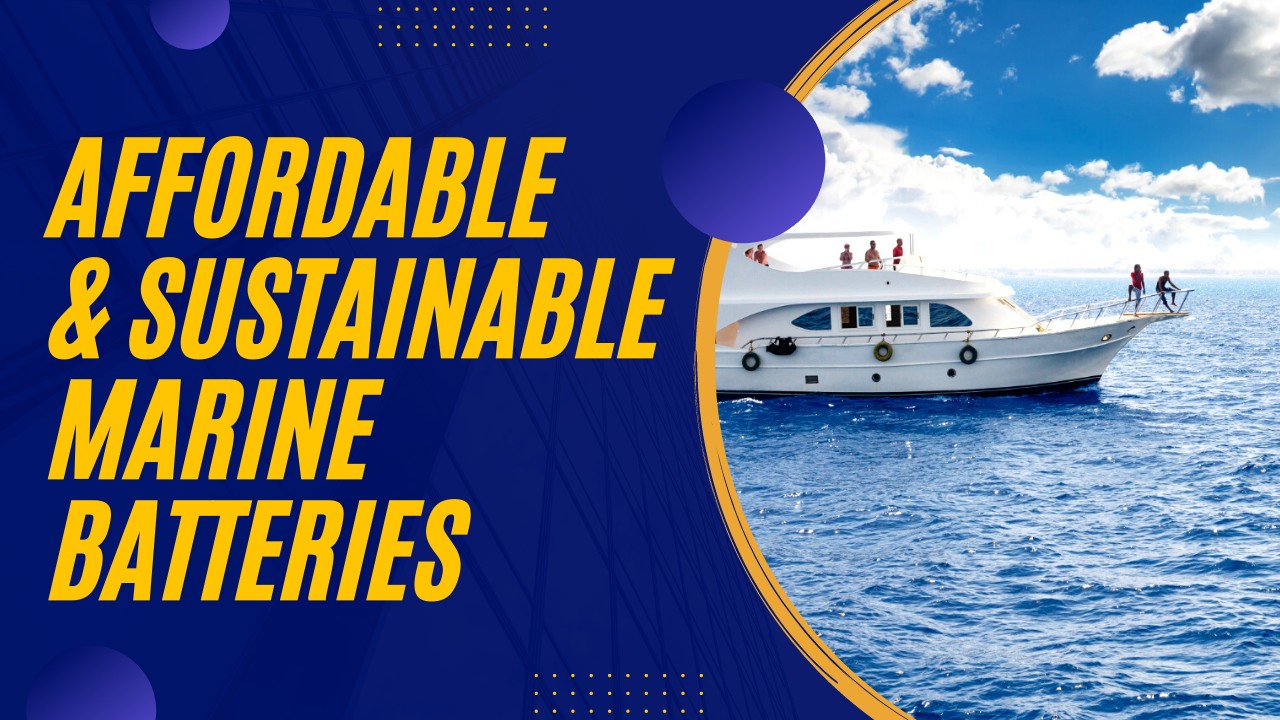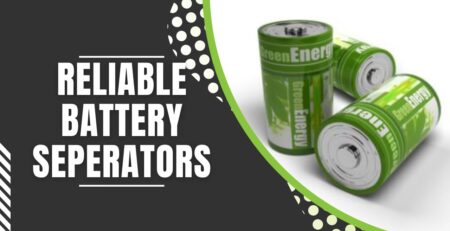Choosing the best marine battery for your boat | Affordable and sustainable eco-friendly products
A marine battery is an important piece of equipment for all types of water boats, both big and small. Without it powering the motor, your boat wouldn’t be able to smoothly move across the water well. Marine batteries are designed with high cranking power that provides easy motor start-ups with low vibration. They have enough reserve power capacity to power all your needs and offer high-performance charges at the best times. Marine batteries are also useful for small work vessels, pleasure crafts, and bigger boat vehicles.
At Hub Power, we offer powerful, durable marine and RV batteries, as well as lithium solar batteries to power up your everyday vehicles and equipment. Our friendly staff has over 30 years of experience in the power products and market fields, providing our close clientele with exceptional batteries. We work with trusted suppliers that have high standards and professional pedigree.
Contact Hub Power today to browse our extensive marine battery inventory and learn how they can power up your boat.
For renewable & alternate energy systems, our highly satisfied customers range in size from small off-grid recreational cabins, grid-tie homes, boats, yachts, and RVs, to industrial-scale applications.
How Long Should A Marine Battery Last?
The average lifespan of a marine battery is typically around three to four years on average. With the right maintenance techniques in the right conditions, it can last even longer, upwards of 6 years. To ensure you get the full power out of your marine battery, you should keep it powered fully to a maintenance charger when the main battery isn’t in use. Regular testing of your marine battery will also proactively ensure that power won’t run out in the middle of a boating trip.
Boating behaviour greatly affects how long a powerful marine battery can last over its lifespan. These batteries utilize deep cycle technology to last the longest and charge quickly, due to their distinct phases and ideal charge curve. Marine batteries accept more electrical currents when it’s discharged and each charging cycle varies, depending on its temperature. As such, recharging your marine batteries, with a smart charger, on the same day they run out of power will get you the most out of your product.
If your marine battery isn’t properly charged or maintained, it can lead to several battery failures for your boating vehicle.
Why Has My Marine Battery Failed?
Marine batteries are powered by lead acid material and can fail for a number of reasons. Temperature is a big factor in marine batteries not providing the right amount of charges because heat can accelerate its degradation of it. It can reduce a battery’s lifespan and cause the active material in its technology to break down from its lead grid. By allowing the marine battery to run out and not charging it immediately, it will further accelerate sulphation, leading to failure on the waterfront. When that happens, there’s very little that can be done to restore it.
There is a chance that your battery might just be cold on the water. By warming it up to a few degrees, you should be able to get a little power back to your boat. However, this is only a temporary fix and you should have a backup charger prepared in case.
When your marine battery does fail, there are convenient ways to safely jumpstart them again.
How Do I Jumpstart My Marine Battery Safely?
Like kickstarting a car back into gear, jumpstarting your marine battery for your boat can be a relatively easy process. You will need to make sure there is reasonable ventilation before connecting the battery to the boat. Many marine batteries are often installed in tight, confined spaces, so make sure there is enough space and there aren’t any fuel fumes being produced.
When jumpstarting your marine battery, start with one first because each battery type requires specific charging voltages. Avoid mixing different marine batteries because it can lead to under or overcharging, reducing the lifespan of your equipment. You should also avoid leaving your marine batteries discharged for long periods of time and charge them with every use. An 80% discharge rate is usually a safe discharge level for deep cycle marine batteries.
To properly store your marine batteries, keep them in acid-proof storage boxes secured with tie downs. Clean their terminal connectors regularly to avoid loss of electrical conductivity and maintain their fluid levels. By practicing these steps, you’ll be able to safely jumpstart your marine batteries and keep them running for a long time.
Contact Hub Power today to learn more about our excellent marine batteries and starting power solutions. Work with our knowledgeable staff now to get the best power product for your next boating trip.












